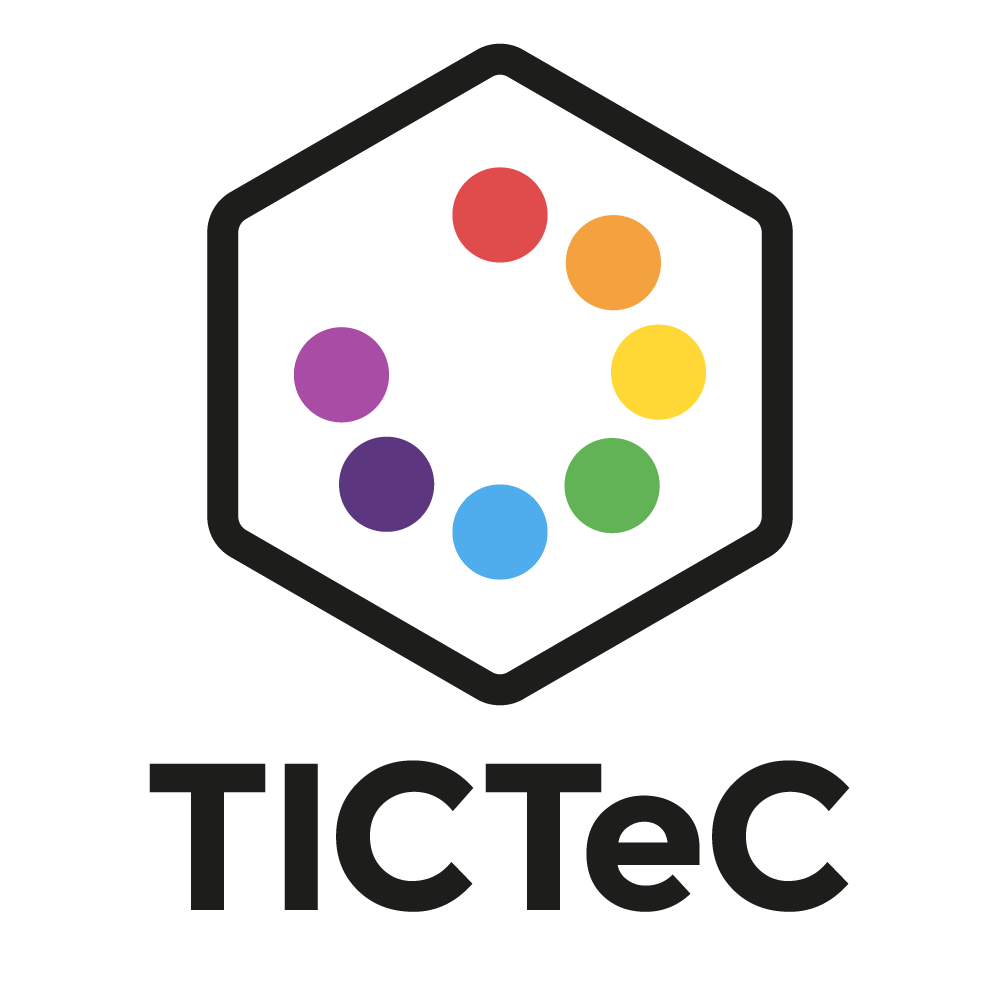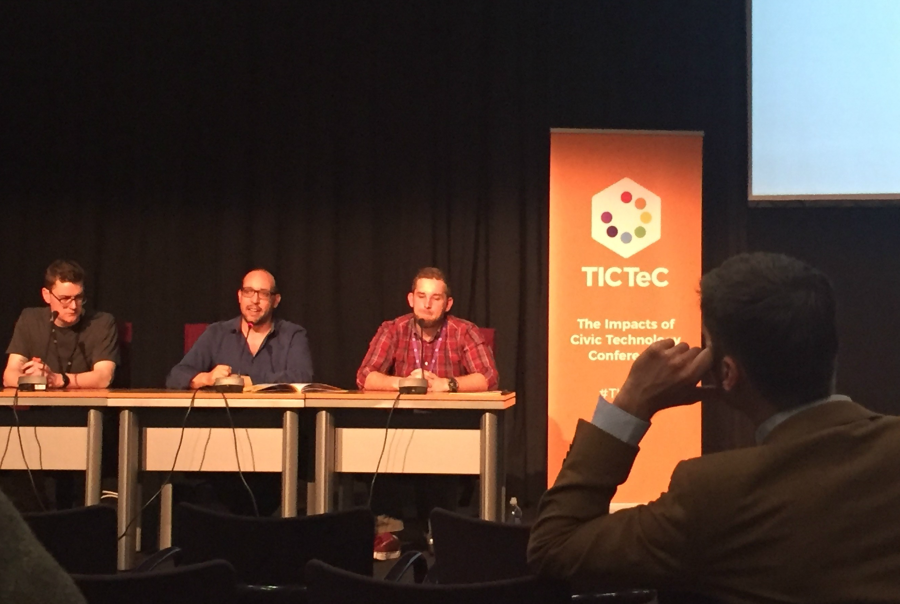Let us know what type of content you'd like to see more of. Fill out our three question survey.
TicTec 2018: Key Takeaways from the Impacts of Civic Technology Conference
Apr 23, 2018
Last week I was at MySociety’s annual civic technology conference, TicTec, in Lisbon. For anyone who couldn’t make it I unfortunately can’t share all the takeaways, like the delicious Pastel de Nata, but here are a few treats for the mind.
Good Design
 Here at DAI we are real fans of good design, but we also understand that the design process is not always as straightforward as it may seem. A common theme throughout the various panels, whether talking about a success or a failure, was the merits of designing properly. There wasn’t too much differentiation between what speakers categorized as good design: pretty much universally this meant designing with the user.
Here at DAI we are real fans of good design, but we also understand that the design process is not always as straightforward as it may seem. A common theme throughout the various panels, whether talking about a success or a failure, was the merits of designing properly. There wasn’t too much differentiation between what speakers categorized as good design: pretty much universally this meant designing with the user.
On Wednesday we heard from MySociety who outlined three key principles: Know the Culture, Follow the Users, and Design for Multiple Devices. “Know the Culture” means understanding what sort of ecosystem you are working within and what cultural sensitivities and practices there might be; “Follow the Users” means go where the user is (like our Digital Insights research); and design for what devices people already have. This session was followed by a talk from John Buckley, Frontend, who spoke about the importance of building with the disenfranchised in mind to ensure success of the product but also retain credibility.
On Thursday, Nonso Jideofor from the Engine Room gave some interesting insights on hackathons vs. design research: how hackathons can be great for creating stakeholder buy-in, but design research brings us the ability to co-create; hackathons can serve to stimulate the local tech ecosystem, whereas design research allows us to study the ecosystem in more detail.
In the session on “Assessing Civic tech,” several examples were given of failed civic tech initiatives—and what was common among them you ask? Poor design. In an example from Nigeria, a lack of buy-in from the communities was a key set back, as well as design being too high-tech for the communities they were targeting.

Practical Takeaways for Civic Tech panelists
Frontier Technologies
It wouldn’t be an ICT4D event without a blockchain discussion. The panel on blockchain featured speakers from ITSRio, The GovLab and NRGI. What I most took away from the panel session was fresh thinking about blockchain in civic tech. Marco Konopacki, ITSRio, argued it is when sharing the power between the participants could make the data reliable. The speakers from GovLab were not too worried about the question of when, but say that the very fact we are having conversations about when we use blockchain is great for our thinking about civic tech and therefore positive regardless of whether we take it up. Marco gives an excellent example of Mudamos ap, which uses blockchain in an e-signature app to overcome the mistrust within Brazil which prevents people signing petitions.
Responsibility
Responsibility was spoken about not just in terms of responsible data, but also responsibility of the platforms for what civic conversations are happening and how this impacts in “the real world.” Martha Lane Fox, self-proclaimed “dot-com-dinosaur” and Founder of Doteveryone UK, gave a great keynote presentation on why responsible tech should be the new normal and how governments, civil society and corporates all have a role to play. She outlined the three things a responsible tech org should do: not create or deepen inequalities; respect people’s rights and dignity; and foster trust in their use.
Speakers joining us from Facebook spoke about a concerning “affective polarisation” on the platform, whereby people are more likely to interact with those they share common views with, particularly after incidents such as the recent school shooting. The team spoke about the responsibility of Facebook to ensure it is a safe space for civic discourse, and how they are doing so by upping their game on the identification and reporting of hate speech. Facebook also launched a new initiate whereby users can see what certain organisations are advertising and a more comprehensive vetting system for political organisations that want to advertise.
There was also some interesting discussion around the digital divide, and the responsibility of corporations to develop technologies that are cognizant of human needs and do not exclude those that are not online. The debate on social media, data, privacy and civic discourse is an important one—stay tuned as we dig into it on the blog.
Thank you to MySociety for such a warm welcome to my first TicTec. It was by far one of the most interesting conferences I have been to and I will be back in 2019.